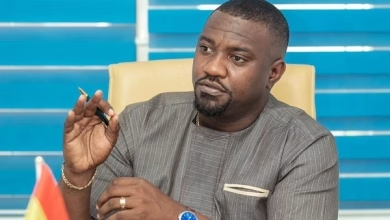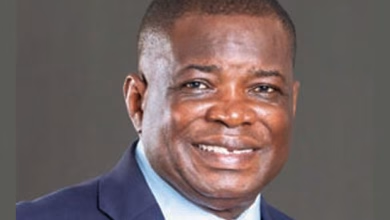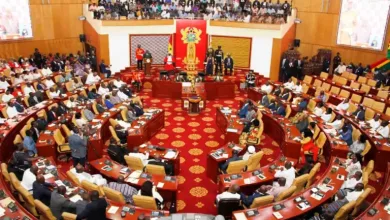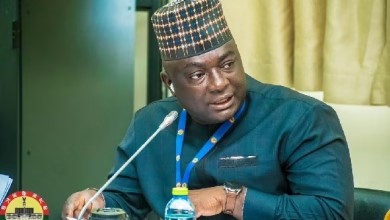“IEA Urges Political Parties to Seek Civil Society Input for Manifesto Development”
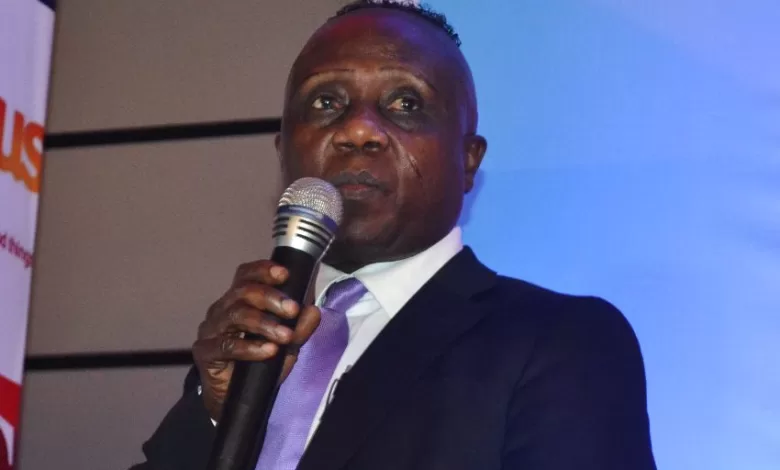
- IEA urges political parties to consult CSOs for 2024 election manifestoes.
- CSO input is crucial to make manifestoes comprehensive and effective.
- Without CSO input, manifestoes risk being defective and not addressing real issues.
- Collaboration between political parties and CSOs is essential for creating people-centered manifestoes.
The Institute of Economic Affairs (IEA) is urging all political parties to seek the views of civil society organizations (CSOs) and factor them into their manifestoes for the 2024 general elections. According to Dr. John Kwakye, Director of Research at the IEA, this is crucial to ensure that the manifestoes are representative of the people’s needs and aspirations.
Dr. Kwakye emphasized that CSOs play a vital role in representing the voices of the people, and their input is essential to make the manifestoes comprehensive and effective. He warned that without the comments from CSOs, the manifestoes will be rendered defective and may not address the real issues facing the country.
As the political parties prepare for the general elections, they are yet to release their manifesto documents, which are expected to outline their plans for the development of the country. However, Dr. Kwakye stressed that it is imperative for the parties to consult with CSOs before finalizing their manifestoes.
In a post on his social media platform, Dr. Kwakye reiterated the importance of CSO input, saying, “Political parties should remember to consult CSOs, who represent the people, for their inputs into the parties’ manifestos. Failure to do that will render the manifestos defective.”
The IEA’s call for CSO input is timely, as it comes at a time when political parties are busy drafting their manifestoes. By seeking the views of CSOs, political parties can ensure that their manifestoes are inclusive, realistic, and responsive to the needs of the people.
CSOs have a deep understanding of the social, economic, and political challenges facing the country, and their input can help political parties develop effective solutions to address these challenges. Moreover, CSOs can bring a diverse range of perspectives and expertise to the table, enriching the manifestoes and making them more comprehensive.
Dr. Kwakye’s appeal to political parties is also a reminder that the development of manifestoes should be a collaborative effort between political parties, CSOs, and other stakeholders. By working together, they can create manifestoes that truly reflect the aspirations and needs of the people.
The 2024 general elections are critical for the country’s future, and the manifestoes of political parties will play a significant role in shaping the country’s development trajectory. Therefore, it is essential that political parties take the IEA’s advice seriously and consult with CSOs to develop manifestoes that are people-centered and effective.
The IEA’s call for political parties to consult with CSOs is a vital step towards creating manifestoes that are representative of the people’s needs and aspirations. By working together, political parties and CSOs can develop manifestoes that will drive the country’s development and prosperity.
As the political parties finalize their manifestoes, they must remember that the input of CSOs is crucial to making them effective and responsive to the needs of the people. By heeding the IEA’s advice, political parties can demonstrate their commitment to inclusive and participatory governance, which is essential for the country’s development and progress.



